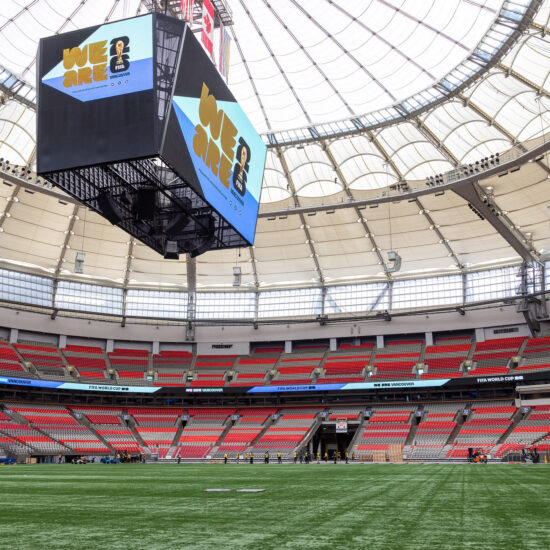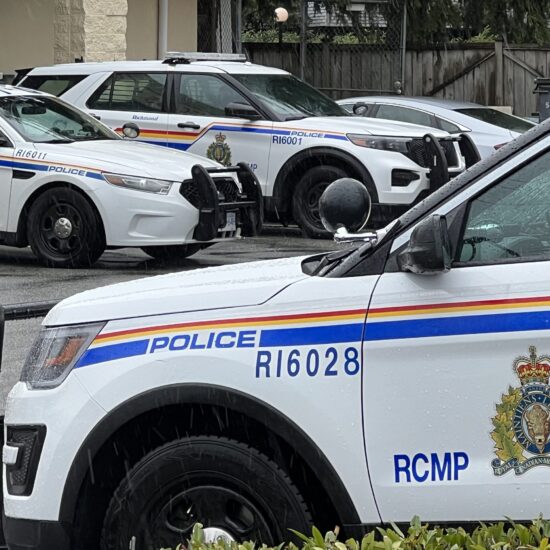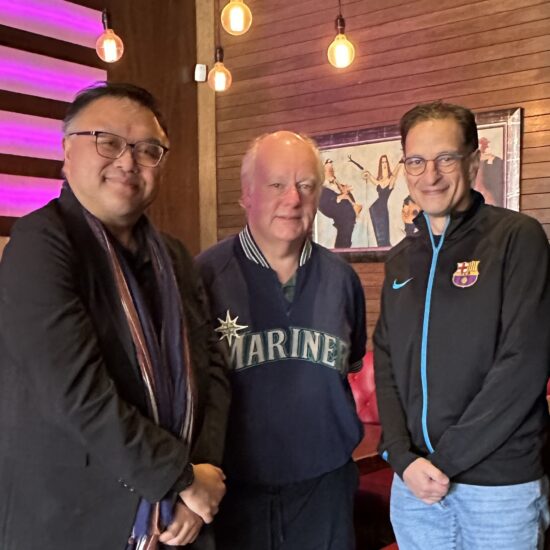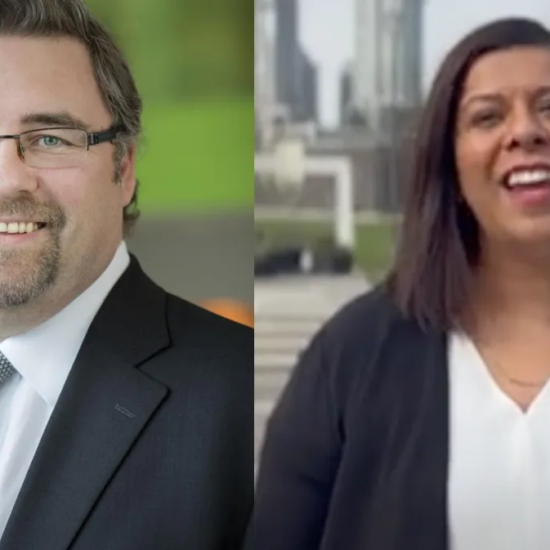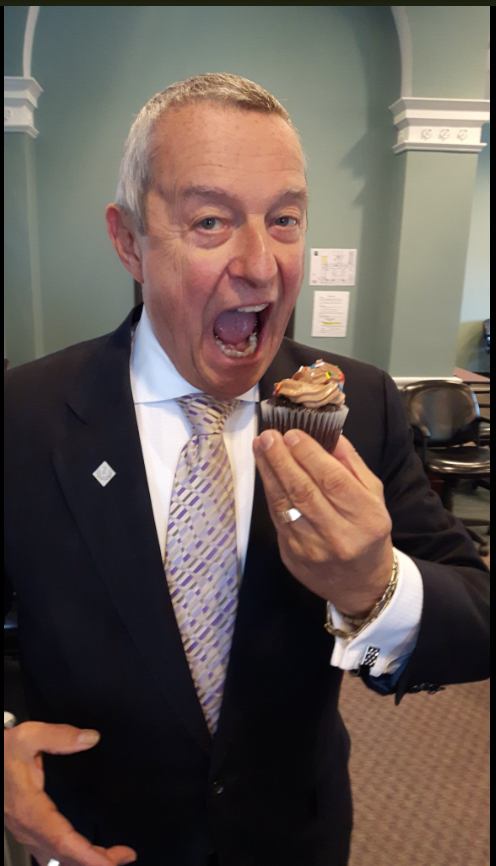
Bob Mackin

Fassbender: has a cupcake and eats it too
After more than a year of promising a “made in B.C. solution” to legalize ride-hailing services, B.C.’s minister for transit and taxis unveiled what is instead a “made for the B.C. election strategy.”
On March 7, Peter Fassbender announced Uber and Lyft would be welcome in B.C., but not until Christmastime.
For the remaining nine months, which includes the May 9 election and the lucrative spring-to-fall cruise ship season, the taxi cartel will continue to enjoy its monopoly. The Liberals pledge to give the cartel $1 million from taxpayers to create a B.C. taxi app and another $3.5 million to install crash avoidance technology in cabs. It will also get to pick-up and drop-off passengers across any municipal boundary.
This, just over a year since Fassbender told a Vancouver meeting of taxi drivers: “We as a government are concerned about the future of the taxi industry first and foremost. And why is that? That is because all of you in this room, all of the companies represented, all of the individual drivers in this province have invested their lives into this industry and families’ lives are at stake in terms of the future of the industry.”
Make no mistake, this is an election campaign strategy more than an economic development move. The Liberals want to dangle a carrot in front of tech-savvy millennial voters who are demanding Uber, but they don’t want to turn their backs on voters from the large South Asian community that supplies many of B.C.’s taxi drivers.
Fassbender was the first Liberal to open a campaign office last September. He won the Surrey-Fleetwood riding in 2013 by only 200 votes over the NDP’s Jagrup Brar. Surrey is a nine-riding battleground for the May 9 election, home to many taxi drivers and owners. Likewise for Abbotsford and South Vancouver.
Between 2005 and 2015, the NDP counted more donations from cab companies than the BC Liberals: $120,300 to $96,415.
In the Liberals’ unaudited 2016 list of donors, the Vancouver Taxi Association kicked-in another $27,450.
Taxi activism
Taxi drivers in other cities around the world, from London to Rio de Janeiro, have met 21st century ride-hailing competitors with protests.
Vancouver hasn’t seen a coordinated taxi strike since April 3, 1998, when 150 drivers parked their cabs on Sea Island, creating gridlock around Vancouver International Airport.
Some flustered travellers hauled their luggage from Vancouver, across the Arthur Laing Bridge, to the terminal. As a reporter covering the protest for the Richmond News, it was like finding myself on the freeway brought to standstill in REM’s “Everybody Hurts” video. Instead of song, I was surrounded by spoken Punjabi. 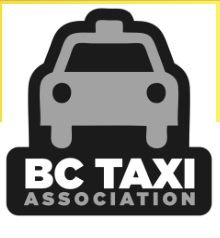
At issue was the airport authority’s requirement that drivers take the TaxiHost course, drive cars less than nine years old and pay $1 per pickup. Even though their $1,440 a year licence fee was dropped to $300, the pickup charge would result in $3,500 in additional costs for drivers already forced to work overtime to scrape by.
A B.C. Supreme Court judge ordered the cabs to move. They continued to boycott until the airport authority agreed to soften its stance. The industry has never been the same since the Canada Line opened in August 2009, giving passengers a cheaper option to reach downtown Vancouver.
Monark
While Fassbender and the Liberals dillied and dallied, one of their friends cleverly jumped into the market.
Surrey’s Monark Ventures is behind the Uber-inspired Kater app that matches car owners with $25-an-hour freelance chauffeurs.
Monark donated $61,900 from 2014 to 2016 to the Liberals — including $28,000 on Dec. 23, 2014.
Monark vice-president since last November is Kareem Allam, a former aide to ex-Finance Minister Kevin Falcon. Allam has donated $12,718 to the party between 2008 and 2014. He was appointed to the Fraser Health board of directors in  January.
January.
Four years ago, when the Liberals spent $11 million of taxpayer funds on the Times of India Film Awards at B.C. Place Stadium, Monark was a bulk ticket reseller.
TaxiLink?
Why was TransLink CEO Kevin Desmond at the Fassbender news conference?
TransLink’s Coast Mountain Bus Company is a big cab user. Really big.
During the 2015 calendar year, it paid 16 companies $2,500,810, mostly to act as substitutes for the HandyDart minibuses for people with disabilities.
Yellow Cab Co. Ltd. ($367,411), Bonny’s Taxi Ltd. ($296,814) and Black Top Cabs ($285,639) were the top three suppliers. Half the companies on the list billed in six-figures.
Advocates for the disabled have repeatedly slammed TransLink for shoddy HandyDart service and the increasing reliance on taxi drivers untrained to deal with special needs passengers.
Let’s all go to the lobby

Lobbyist Pantazopoulos
Hill and Knowlton vice-president Sarah Weddell is the hired gun for the B.C. Taxi Association. For the Vancouver Taxi Association, the cartel of Yellow, MacLure’s, Black Top and Vancouver Taxi, it’s Craig Jangula.
Jangula was aide to ex-Liberal cabinet minister Mary McNeil for four years.
Weddell is a former BC Liberal staffer who was campaign manager for George Abbott’s unsuccessful bid to become premier in 2011.
On the other side, Maple Leaf Strategies is the lobbying company for Uber. Its Vancouver office is headed up by Dimitri Pantazopoulos, the Ontario Conservative who came west to be a top aide to Clark and later the 2013 campaign’s internal pollster. He’s reprising his role for the 2017 campaign. Pantazopoulos donated $2,770 in 2016.
Pantazopoulos opened his lobbying shop in summer 2013 in an office just two floors down from Clark’s Vancouver office in the World Trade Centre at Canada Place.
Lyft is represented by Ginny Movat of Crestview Strategy in Toronto.
Support theBreaker.news for as low as $2 a month on Patreon. Find out how. Click here.








